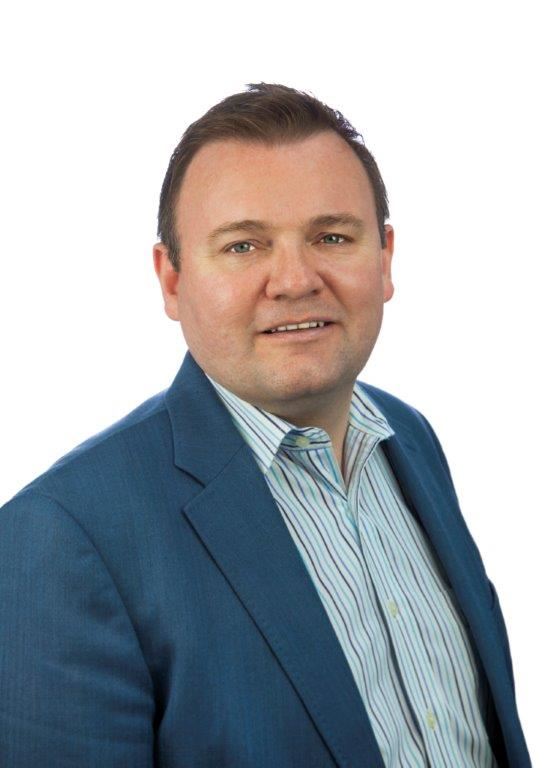|
|
2021 KEYNOTE SPEAKERS
Professor Andrew Forrester| Prison Mental Health: Past, Present, and Future
Prisons have played an important role in society since our civilisations first began, and the development of good quality prison health care has been a significant marker of progressive intent within civilised societies. This talk traces the development of prison health care from the ancient world to the present day. There are considerable variations throughout the world in the way prison healthcare is delivered and approached, with serious concerns arising in many jurisdictions. Nevertheless, we do have significant international agreements in place, and from this place of minimum standards it is now incumbent upon us to seek further improvements as we design future prison mental health services.
To do this, we must first ask: What do we know now? Where are the gaps in our knowledge? What is needed to reduce variations between nation states and ensure high quality services throughout the world? Given that many people with mental health conditions are suffering in appalling circumstances in prisons at the moment, these questions demand urgent responses.
| Andrew Forrester (MD(Res) FRCPsych) is Professor of Forensic Psychiatry at Cardiff University, Wales, and a Consultant Forensic Psychiatrist with Swansea Bay University Health Board and Oxleas NHS Foundation Trust. He is Academic Secretary to the Faculty of Forensic Psychiatry, Royal College of Psychiatrists, and Editor in Chief of the SAGE journal Medicine, Science and the Law. He sits on the executive committees of the Forensic Faculty of the Royal College of Psychiatrists, the British Academy of Forensic Sciences, the charity Crime in Mind, and the British Medical Association's Forensic and Secure Environments Committee. He is the former chair of the World Psychiatric Association's prison mental health task-force, a member of the Society of Expert Witnesses, a member of the Medical and Dental Defence Union of Scotland, an honorary member of the World Psychiatric Association, and a former member of the Royal College of Psychiatrists’ Working Group on the Mental Health of Refugees and Asylum Seekers. He is also forensic lead at the National Centre for Mental Health.
He has worked as a psychiatrist in prisons and other criminal justice settings for over 20 years, and has written over 700 reports to the Courts, mainly in criminal proceedings. His clinical and research interests relate to mental health conditions as they present in the criminal justice system, including prisons, courts, police custody, probation, and other places of detention, with a focus on vulnerability and marginalisation. |
Dr. Gina Vincent | Advancing from the “What Works” to “How to Make it Work”: Applications of Implementation Science to Justice Supervision
Forensic mental health and other justice-related research has made significant and invaluable contributions to the development of effective assessment instruments, practices, and interventions for use with individuals who come into contact with the law. Studies of the impact of these practices in the field, however, are not always favorable. Implementation science tells us that It is not enough to know ‘what works’; it is the proper implementation of what works that is critical. Using results from three implementation studies of risk assessment and risk-need-responsivity-based supervision in juvenile justice, this keynote address illustrates the positive outcomes and effectiveness that can be achieved when researchers are engaged with agencies in the implementation of these practices. The presentation concludes with three key recommendations for forensic mental health practitioners and scientists.
| Gina Vincent, Ph.D. is an Associate Professor at the Implementation Science & Practice Advances Research Center (iSPARC) and Co-Director of the Law & Psychiatry Program at the University of Massachusetts Medical School. She also is President of the National Youth Screening and Assessment Partners (NYSAP), a technical assistance center for assisting juvenile justice agencies with the selection and implementation of risk assessment and behavioral health screening tools. Dr. Vincent has received funding from NIMH, NIDA, the MacArthur Foundation, and OJJDP for studies relevant to risk for reoffending, mental health problems, and substance abuse among youth involved in the juvenile justice system. She is author of the widely-used Risk Assessment in Juvenile Probation: A Guidebook for Implementation manual. She has assisted multiple juvenile justice agencies with the selection and implementation of risk assessment instruments for case planning and studies the effectiveness and impact on youth and the system. She has over 70 publications and over 100 presentations to international, national, and local juvenile justice agency conferences in the areas of violence risk assessment, implementing risk/needs assessment in juvenile justice, adolescent substance abuse, callous-unemotional traits, and mental health symptoms. |
Keynote Panel | The COVID-19 Pandemic Effects on Forensic Mental Health Services
Lindsay D. Thomson, Alexander Simpson, Harry Kennedy, Mathieu Dufour, Anne Crocker
| This year, we faced events at the global scale that affected the way of life and the work most people on the planet. Forensic psychiatry was not spared from these circumstances. This panel aims to outline the effects of the COVID-19 pandemic on forensic mental health services (FMHS) in different countries and continents, including illness prevalence and deaths. Presenters from Ireland, Canada and Scotland will describe the clinical model and service adaptations made to manage the pandemic. This analysis aims to set out the impact of these adaptations on patient care using specific outcomes while considering the role and uptake of vaccination in FMHS patient and staff groups. Presenters will discuss the legacy medical, scientific and social of the COVID-19 pandemic on FMHS. This discussion will underline the fact that every FMHS should continue to modify their response to the pandemic in light of local factors and should focus on developing a lasting positive legacy from a profoundly negative event. |



